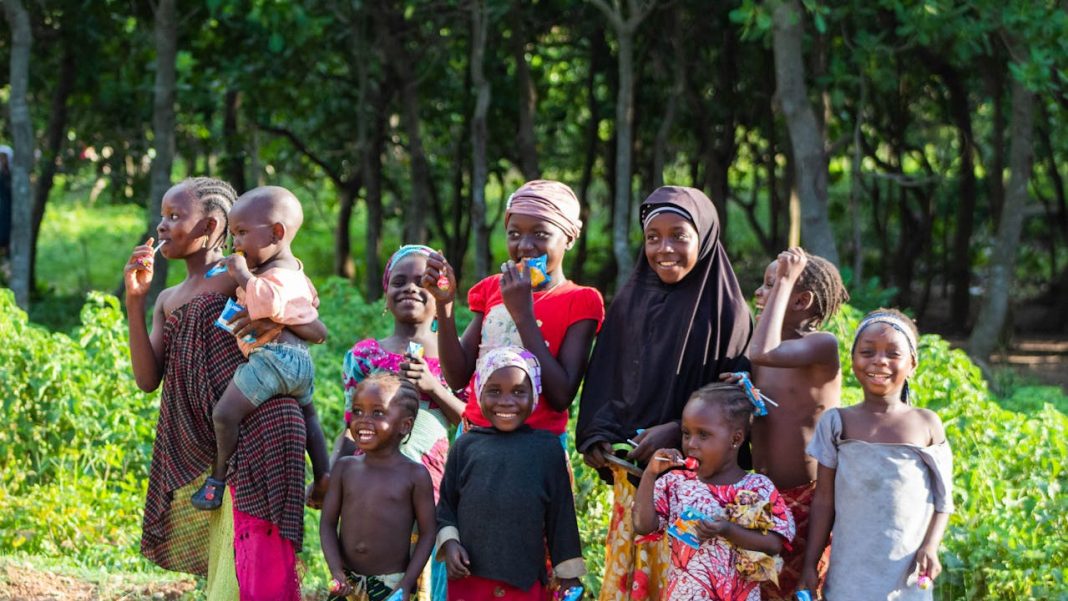INTERNATIONAL: In a storeroom in northeast Nigeria, provisions of helpful sustenance provided to undernourished, famished children and pregnant women are rapidly diminishing. According to a recent CNN report, the nonprofit Action Against Hunger (ACF) has been wrestling with interrupted operations after losing access to fixed subsidies from the US Agency for International Development (USAID). The effect has been predominantly severe during Nigeria’s peak malnutrition period, from June to September, when the need for nutrient-rich food is at its highest.
The abrupt loss of USAID funding is just one illustration of the broader consequences of the Trump government’s rollback of US foreign assistance initiatives. In several countries, vital charitable endeavours have been delayed or totally stuck, leaving defenceless populations in jeopardy.
Project PRO: Laid-off USAID veterans mobilise
Resolute in filling up the funding gap, a group of ex-USAID staff members has launched Project Resource Optimization (PRO)—an undertaking intended to connect big benefactors and foundations with assessed, noteworthy, and disruptive assistance and relief projects. Headed by former USAID portfolio manager Robert Rosenbaum, PRO was conceptualised from restless nights and the resolve to keep life-saving work from disintegrating.
“There really are people who are dying as a result of these (budget) decisions,” Rosenbaum said. However, they realized they had the expertise to help. The team started curating a roster of crucial endeavours left marooned by USAID slashes and then formed a matchmaking system to connect them with patrons in search of effective ways to give.
What began as a tiny worksheet replying to questions from some generous families grew fast. The team now enables connections between contributors and undertakings in nations such as Haiti, Nigeria, Mali, and Sudan. They also recently activated a Rapid Response Fund, permitting smaller contributors to donate once a month or give one-time gifts online.
Lives are at stake, but hope emerges
The effort of PRO has brought positive outcomes. The organization ALIMA (Alliance for International Medical Action) in Mali was about to shut down a project providing care for underfed children and expatriate individuals. “We were forced to suspend activities and reduce activities at different points,” said Carlota Ruiz, ALIMA’s head of grant management, but because of a PRO-referred donor, ALIMA was able to obtain funding to carry out more than 70,000 medical sessions and was able to treat 5,000 children with severe undernourishment.
In Nigeria, ACF is on the edge of getting vital backing that will permit one malnutrition venture to continue operating, just in time. This was a make-or-break period for them, according to an ACF staff member who requested anonymity. “So having these supplies in a situation where the (other) funding mechanisms are stalled… will make a big difference in terms of continuity of lifesaving activities.”
Still, the financing only covers one section of a bigger conundrum. ACF runs additional programmes offering hygienic water, public health, and food aid all over northern Nigeria, many of which remain vulnerable. As Rosenbaum cautions, the price of resuming deferred operations is massive. “The staff has already been hired, they’re trained, they’re in place… but the flip side is that the cost of shutting them down is extraordinarily high.”
Time is running out for countless frontline initiatives, PRO’s work is both pressing yet optimistic—an effort by those once muzzled to guarantee indispensable humanitarian support is not cut for good.

